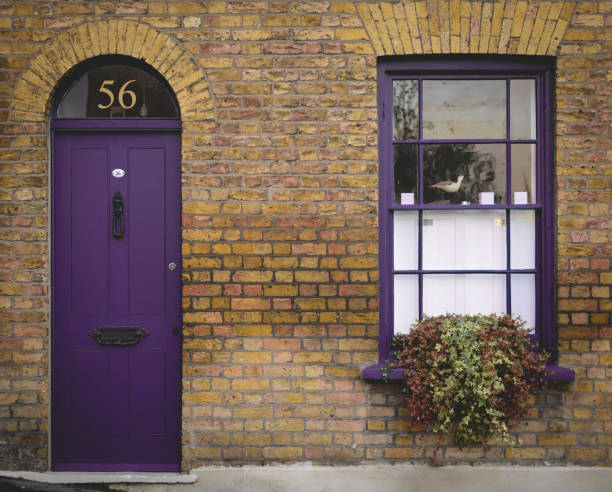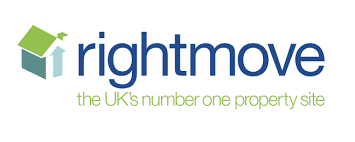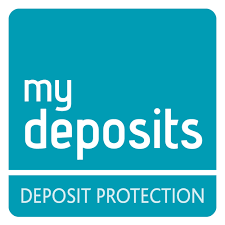One of the most important financial decisions you’ll make in life is whether to rent or buy your home a property. As an estate agent Bolton we know that both options come with their own pros and cons, and the right choice depends on your lifestyle, your personal goals, and your financial situation and future plans .
There’s no one-size-fits-all answer — what ever is the right decision for a young professional might not be ideal for a growing family or a retiree. In this blog, we’ll talk through the main points to help you figure out which is the right path that makes the most sense for you.
Should You Buy a Home?
1.Building Equity in a Property
When you buy a home, your make monthly mortgage payments and these go toward building equity — which is your share in a valuable asset, the house . Over time, as you continue to pay off the mortgage or as the property appreciates in value, your net worth in the property grows.
When you make a rent payment, that rent payment is gone forever, but mortgage payments are like a forced savings plan that benefits you in the long run.
2. Long Term Stability and Overall Control
Owning your own home gives you reassurance and overall long-term stability. There is no need to worry about landlords making the decision to sell the property or even hit you with a rent increase. Owning your own home gives you full control over the the place you live in and this includes wanting to paint the walls bright green or even redesign the kitchen? You can just proceed without having to ask anyone.
3. Potential for the Property to Appreciation
A property tends to appreciate over time. It is a fact that although this depend on market conditions, it is very likely your property may well increase in value. This provides you with a tidy return should you decide to sell at a later date
The Negative Side of Buying
1. Upfront Costs
There is no doubt that buying a home isn’t most certainly not cheap. You’ll need a deposit, which can range from between 5–20%, plus the additional costs of solicitor fees and survey fee.
2. Maintenance Responsibilities
As the owner of the property, you are responsible for all the costs in maintaining it. This means fixing things like a leaky roof or a broken boiler. These costs can add up, not just in time, but also in money.
The Case for Renting
1. Less to Pay Out on Initial Costs
Renting a property requires less upfront investment at the beginning of the process. The normal process would see you needing just a security deposit plus the upfront payment of the first month’s rent. This is why it is a much more suitable option for most people
2. No Maintenance Problems
Should there be an issue such as a plumbing issue, or even a broken appliance then you just call the landlord a it is their responsibility to fix it.
The Downsides of Renting
1. No Equity as a Tenant
When you rent a property, what in essence you are doing is paying someone else’s mortgage. That money build’s a landlord’s wealth not your as the tenant. The rent you pay gives you the right to live in the property, nothing else.
2. Increasing the Rent
If you rent a property, the landlords can instruct a rent increase at the end of each 12 month period, if they wish to. The impact of this can be the property becoming less affordable.
3. Seeking Permission for Changes
If, as a tenant, you wish to re-paint a wall or make some minor changes to a property then you will need to seek the permission of the landlord. As a tenant you have very little control over what you can do at the property.
Important Things to Consider
When deciding whether you want to buy a property or rent one, think about the3 following things:
1. What financial position are you in?
• Do you have savings that will cover a deposit plus all the additional costs?
• Will you be able to afford the mortgage payments on a monthly basis?
2. What are you plans for staying in that particular area?
• If your plans involve moving in less than approximately 3-4 years then renting is without a doubt the best decision for you.
3. What’s the Property Market like at the current time?
• In some places, the costs associated with renting is lower than the costs involved with buying a property. In others areas, it might actually be worth considering buying a property if the costs are cheaper than renting.
• Review things such as interest rates, what the local property values are like and consider the market trends, as these all influence the decision to decide if buying is a good deal.
4. Responsibility?
• Owning a home has the responsibility of the ongoing maintenance and costs.
The Rent vs. Buy Calculator
Still undecided? It is worth considering using a rent vs. buy calculator to compare the impact of the long-term costs of whether to rent or buy. This option will look at your specific numbers — rental payments, the price of the property, current interest rates, the amount of deposit you have etc.
Final Thought
The rent vs. buy debate isn’t about which option is universally better for you. Buy a property offers the opportunity to build equity and start to settle down in one area long-term. However, it comes with increased responsibility and potential risk. Renting a property provides much more flexibility and convenience, but it doesn’t allow you to build any wealth for yourself.





